Malicious software a.k.a malware is how cybercriminals seek to acquire your data to either directly steal from you, or impersonate you to avoid the consequences of illegal behaviour. Information that identifies you is precious to scammers. With your identity, they can claim state benefits in your name (Source), get medical treatment (Source), take out loans, sign over your property, rent cars or transfer funds out of your banking accounts.
In the vain of Sunzi’s Art of War:
“If you know the enemy and know yourself, you need not fear the result of a hundred battles”.
Protecting yourself from malware is about knowing the tactics, tools and techniques of cybercriminals but also your behaviour and use of technology and how you could be exploited.
You Might Already Be A Target
Businesses serve as a more lucrative target for cybercriminals with an increase of attacks up by 13% while consumer attacks are down almost 2% (Source). Being less of a target still means you are a target. If you happen to work for a big international business, you’re in that 13%. By accessing you, a cybercriminal could obtain sensitive data of your place of work. If a breach in security was traced back to you, there might be reprimands or damage costs. Study the following types of malware carefully:
Adware
These are ads that encourage you to download malicious software or that infect your system when engaged with. Usually, adware desires to install spyware (discussed later) to collect your personal information such as bank details or data to impersonate you. Malwarebytes reported that in 2019 the top three consumer threat detections belonged to adware families (Pg 6.) Avast reports that:
“Between 2017 and 2018, we tracked a 375% growth in adware as a malware category and this now makes up more than 52% of all mobile threats today.”
(Source)
Most adware strategies involve browser hijackers. These attacks specialise in modifying your browser settings without your knowledge or consent. You might find your homepage has been changed, strange websites in your bookmarks and search bars added to your menus.
The proponents of Adware target individuals rather than businesses. However, as stated before individuals are part of companies so an employees infected device could have overreaching effects if connected to the business network and left unresolved.
Crypto-Ransom Ware
Encrypts your data and offers a key to unlock your information with a price. The attackers seek payment from an untraceable system such as Bitcoin. This attack allows your operating system to run with minimal functionality (So you can make payment) but prevents you from working.
Rootkits
Are software types that modified system files. Usually undetectable by the operating system and your antivirus program. They also seek to cloak other malicious software to hide the harmful activity running on your system.
The best way to avoid rootkits is to prevent it being installed in the first place. Keep software updated and backup important files. If your system is compromised with a rootkit the operating system will have to be reinstalled and without a good backup you could potentially lose all your data on that system.
Spyware
Is any software that monitors and logs your user activity for the benefit of the attacker. This could be to advertise to you, steal your identity or capture valuable information like passwords and login details.
Spyware can relay and monitor what is displayed on your screen, capture your keystrokes and mouse inputs and can even see what is cached in your clipboard when you copy and paste data.
If you see successful login attempts from locations you have not frequented then you possibly have a keylogger on your system.
Trojan
The city of Troy was presented with a wooden Horse posed as a truce gift but in reality, was a mechanism used to house soldiers designed to open the city gates to lead an attack.
This is a type of software that presents itself as something that it is not. Trojans don’t usually replicate, but they can deactivate your antivirus and open your computer up to other harmful programs such as Botnets. Botnets allow alien users to take control of your computer either knowingly or unknowingly. Botnets would use your processing power to mine for Bitcoin or use your computer as part of a cyber attack (DDOS).
Avoid installing any software that you do not fully trust or from reputable developers. Read the terms and conditions during the software installation like a lawyer before agreeing to them, and stop the install process if anything suggests permissions to load malware.
Worms & Viruses
Worms are the most deadly form of malware. They do not require any human interaction to spread and do so over a network or external device.
Viruses are like worms in that they duplicate themselves but need a trigger or human action to do so. This could include anything from opening a document, pressing a key or reaching a certain storage capacity on a device.
Worms and Viruses can vary in their deadliness. Some can damage the very BIOS of your computer, meaning you will have to bin your entire system. Some can outright damage computer hardware rendering components useless.
If this does not work, you will have to reinstall your operating system or complete a full wipe (losing all your documents) and reinstall if your files have been encrypted.
Best Practices
Reduce the likelihood of becoming a cyber victim by securing your personal information. We have included some tips below.
Use a secure browser like Brave and avoid installing freeware software from unknown developers to prevent adware.
An excellent response to ransomware is always to keep a backup of your most important files on a cloud storage system like Backblaze. This is relatively cheap and is a good idea in the event of other disasters such as hardware failure, accidents or other events that could cause you to lose important data.
Defend yourself from Trojans, Viruses and Worms by getting a good anti-malware like Malwarebytes that can house newly installed programs in a sandbox and monitor any suspicious behaviour. Consider using a VPN like NordVPN that can encrypt your traffic, so that no cybercriminal would be able to intercept it and see what you do online. NordVPN have a CyberSec feature that will also block suspicious websites and prevent your device from joining a botnet army.
Tips To Protect Your Identity Online
Be aware and limit the amount of personal information you share or make public on social networking sites.
- Shred any documents containing personal information before disposing of them.
- Regularly check your bank and credit card statements for unfamiliar transactions. Contact your card issuer or bank immediately if you suspect something.
- Report lost and stolen cards or suspected fraudulent use of your account to your bank or financial institution immediately.
- In the event that your passport, driving licence, cards or other personal documents have been lost or stolen, immediately contact the organisation that issued them.
Never
- Never publicise account details or personal information such as your date of birth.
- Your bank will never ask for your whole password, only elements of it when confirming who you are. If in doubt, ask for proof of identity or undertake your own checks to ensure the legitimacy of the one asking for your details.
Other Tips:
- Be aware that your post in the wrong hands is valuable information. Consider receiving bank statements, utility bills and other financial documents via email.
- Remember to redirect your mail when moving house. Contact your bank and all other organisations and provide them with your new address.
Photo by Rafael Barros from Pexels


